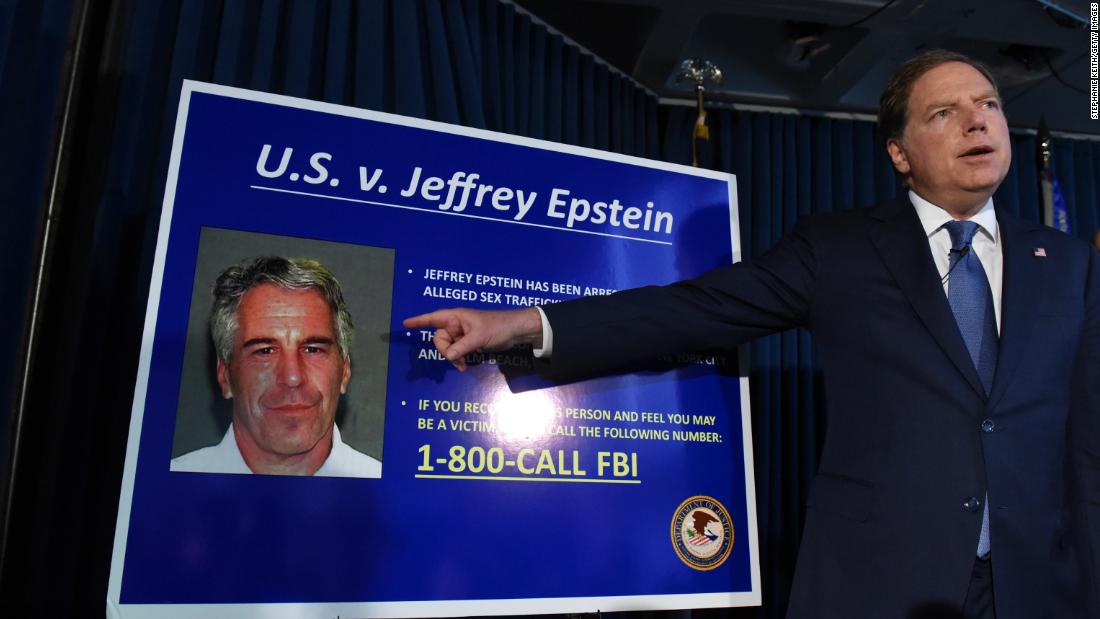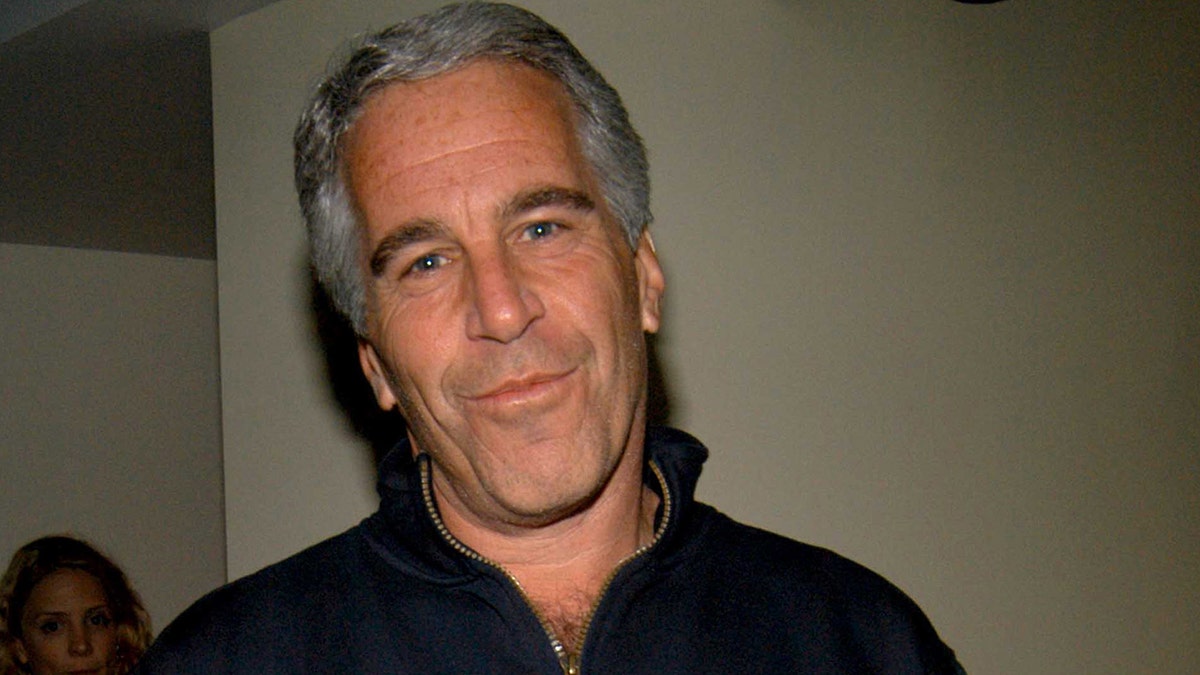Unveiling Congress: Latest News & Insights You Need To Know Now
Is the American political landscape facing a period of unprecedented scrutiny and upheaval? The confluence of partisan divides, evolving societal expectations, and technological advancements is reshaping the very fabric of how Congress operates and how its actions are perceived by the public.
The United States Congress, the bicameral legislature of the federal government, is currently navigating a complex web of challenges. This includes grappling with pressing national issues, managing internal divisions, and adapting to a rapidly changing global environment. The Senate and the House of Representatives, the two chambers that constitute Congress, are at the forefront of these challenges, shaping legislation and influencing the trajectory of the nation. The actions and decisions made within these halls of power resonate across the country and around the world, affecting everything from economic policies and foreign relations to social justice and environmental protection.
This dynamic is constantly being re-evaluated, as it is evident in the ongoing debates and investigations. Currently, Senate judiciary Democrats are calling for a second hearing for FBI Director nominee Kash Patel. Their stance emphasizes the need for Patel to address concerns regarding a surge of firings within the agency, as well as claims of "false" information. This underscores the continuous oversight function of Congress.
The House Select Subcommittee on the Weaponization of the Federal Government is another key player. Details about this are still emerging, but the subcommittees formation reflects a commitment to examining potential abuses of power. Moreover, the House Oversight Committee is planning to scrutinize the declassification of materials related to several national mysteries. This includes inquiries into UFOs, Jeffrey Epstein's client list, and the events of 9/11. Agencies such as the CIA, NSA, and departments of Justice, Defense, State, and Energy will be asked to provide briefings. This signifies the broad scope of issues Congress is presently addressing.
The legislative process itself is a complex and intricate dance, as resources from the Library of Congress indicate, it involves a multitude of steps and considerations. It begins with the introduction of a bill or resolution in either the House or the Senate. From there, the proposal is referred to a committee. The committee is a specialized group of members focused on a particular subject. If the committee chooses to act upon the measure, the process involves hearings, markup sessions where amendments can be made, and ultimately, a vote. A bill that passes committee is then presented to the full chamber for debate and a final vote.
If a bill passes one chamber, it must then go through the same process in the other chamber. If both chambers approve the same version of the bill, it goes to the President for signature. The President has the option to sign the bill into law, veto it, or let it become law without a signature. If the President vetoes a bill, Congress can override the veto with a two-thirds vote in both the House and the Senate.
Finding your representative or senator can be done by typing your address on Congress.gov, this helps in connecting the public with their elected officials.
As of the 119th Congress, which convened on April 2, 2025, the House of Representatives is comprised of a diverse group of individuals. The composition of the Senate, as of March 2, 2025, includes 47 Democrats (including 2 independents who caucus with them) and 51 Republicans. This balance of power is constantly shifting, and the number of seats held by each party can significantly impact the legislative agenda and the ability to pass or block legislation.
The dynamics within the Senate and the House of Representatives are subject to constant change, the Senate and House of Representatives each have their unique rules and traditions. Procedural rules in the Senate, such as the filibuster, can allow a minority of senators to delay or even block a vote on legislation. In the House, the Rules Committee plays a crucial role in determining the conditions for debate and amendment. These rules and procedures can greatly influence the legislative outcomes.
The United States Congress, according to its foundational principles, is designed to be a forum for debate and compromise. This is often challenging, given the ideological divisions, but it is essential to remember the role of Congress in facilitating a constructive exchange of ideas. The ability of the legislative body to work across the aisle, to find common ground, and to address the needs of the nation depends on the willingness of members to engage in civil discourse, and to be open to different perspectives.
News sources such as Reuters.com provide a window into breaking international news coverage. This underscores the global impact of the legislative process. The decisions made by Congress often have implications that extend far beyond the borders of the United States. The U.S. government's policies can shape international relations, affect global trade, influence human rights, and impact environmental sustainability.
"America's Voice Live" with host Steve Gruber is a source for patriotic daytime news and analysis, presenting one perspective on the news. This reflects the diverse range of perspectives.
In the past, as noted by Democrats, the FBI provided Congress with more than 2,000 pages of interviews and summaries related to its investigation of allegations of improper fundraising by the 1996.
The political landscape is influenced by external forces, including the media, public opinion, and special interest groups. These elements shape the environment within which Congress operates. Media coverage, both mainstream and alternative, plays a crucial role in informing the public and shaping perceptions of legislative activities. Public opinion, reflected in polls and surveys, can influence the direction of legislative debates and pressure elected officials to respond to the concerns of their constituents. Furthermore, lobbying and campaign finance activities can have a significant impact on the legislative process, by allowing powerful interests to influence the shaping and the outcome of bills.
In light of the complexities of the legislative process, numerous organizations are actively involved in advocating for their interests and influencing policy outcomes. These groups include think tanks, advocacy organizations, and lobbying firms. Think tanks conduct research and provide analysis on policy issues. They often produce reports, host events, and offer policy recommendations. Advocacy organizations work to promote specific causes or interests. Lobbying firms represent the interests of their clients before Congress. Their activities include providing information to lawmakers, drafting legislation, and organizing grassroots campaigns.
Navigating this landscape requires an understanding of the various players and the strategies they employ. Citizens, activists, and policymakers must remain informed and engaged in the political process. Accessing reliable sources of information, participating in the debates, and holding elected officials accountable are critical for ensuring a transparent and responsive government.
The United States Department of Justice plays a key role in the legal and law enforcement landscape. The House panel has also criticized FBI Director Wray. This emphasizes the importance of understanding the workings of government agencies.
Recent events have placed a spotlight on various aspects of the American political system, prompting discussions. The scrutiny of the FBI, discussions about declassifying government materials, and the calls for investigations reveal the challenges and complexities. These factors, combined with the changing composition of Congress and the influence of outside forces, continue to shape the direction of the nation.
Congress.gov and the Library of Congress offer valuable resources for understanding the legislative process. This provides an open and easy access to information, from the history of legislation to the current state of bills. These resources include:
- Legislation Tracking: A way to monitor the progress of bills and resolutions.
- Congressional Record: Provides records of debates, speeches, and votes.
- Committee Information: Information on committee activities, hearings, and reports.
- Member Profiles: Data on members of Congress, including their voting records and contact information.
- Educational Resources: Materials designed to explain the legislative process.
By utilizing these resources, citizens and policymakers can enhance their understanding and their engagement in the legislative process.
The role of Congress in the United States government is very crucial. It plays a vital role. By understanding the dynamics of this body, the debates, its procedures, and the influence of external forces, we can become informed and engaged citizens.
| Aspect | Details |
|---|---|
| Name | Kash Patel |
| Current Role | Nominee for FBI Director (Subject of Senate Judiciary Committee Hearing) |
| Reported Issues | Concerns about a surge of firings within the FBI, potential for providing "false" information. |
| Involvement with Epstein Case | Mentioned in relation to potential release of Epstein's flight logs and black book. |
| Political Affiliation | Republican (Nominee during Trump Administration) |
| Key Issues | FBI internal affairs, potential for politicization, transparency in government. |
| Relevant Committees | Senate Judiciary Committee, House Oversight Committee (Indirectly) |
| Source | Congress.gov |



Detail Author:
- Name : Alvah Hodkiewicz
- Email : katherine.hirthe@hotmail.com
- Birthdate : 1996-07-25
- Address : 35043 Lou Walk Grimeschester, VT 35982
- Phone : +1-442-619-5374
- Company : Berge LLC
- Job : MARCOM Manager
- Bio : Aperiam dolor sit sit provident tenetur delectus minima. Excepturi porro labore eum maiores eos dolores itaque hic. Earum facere eligendi assumenda ea optio sit aspernatur.